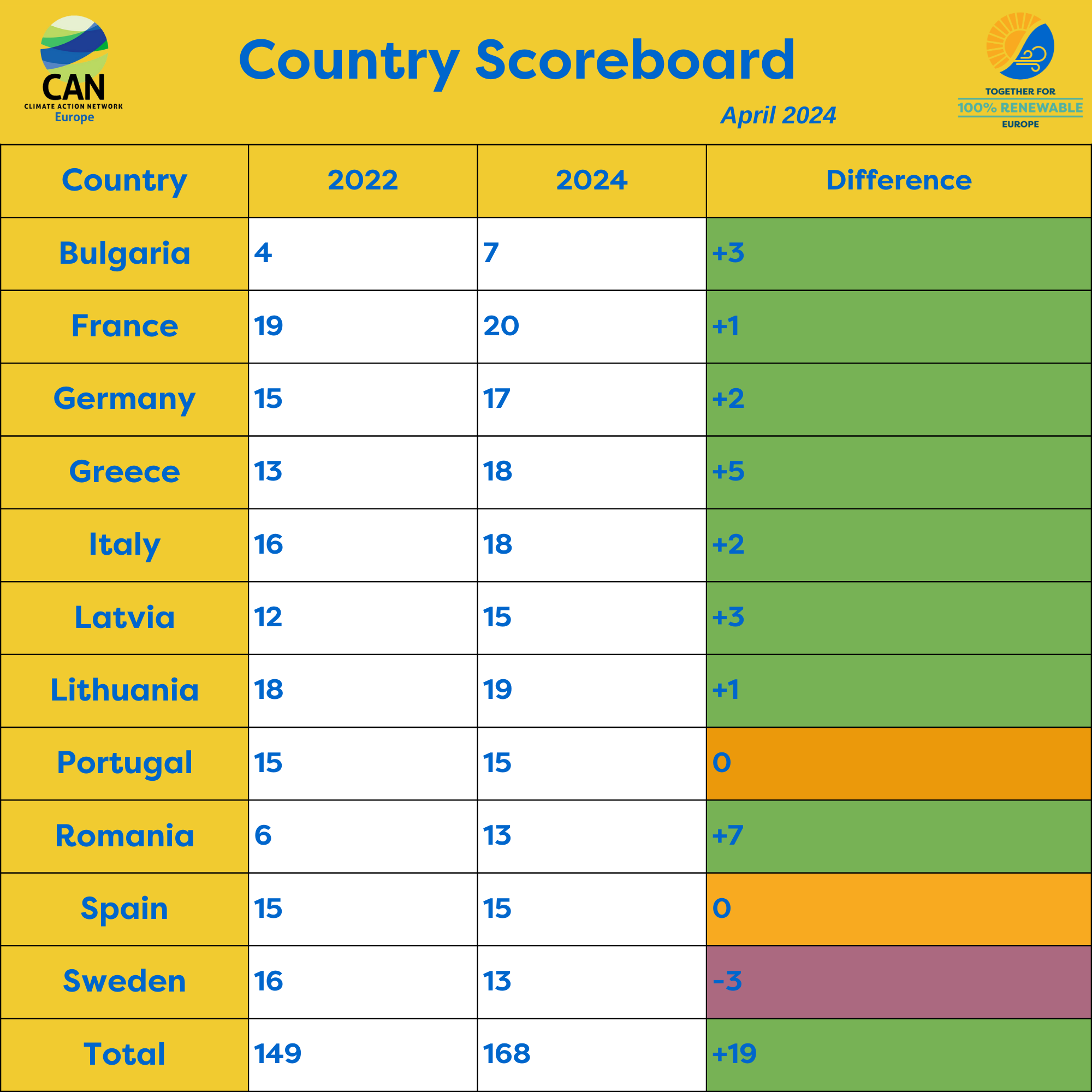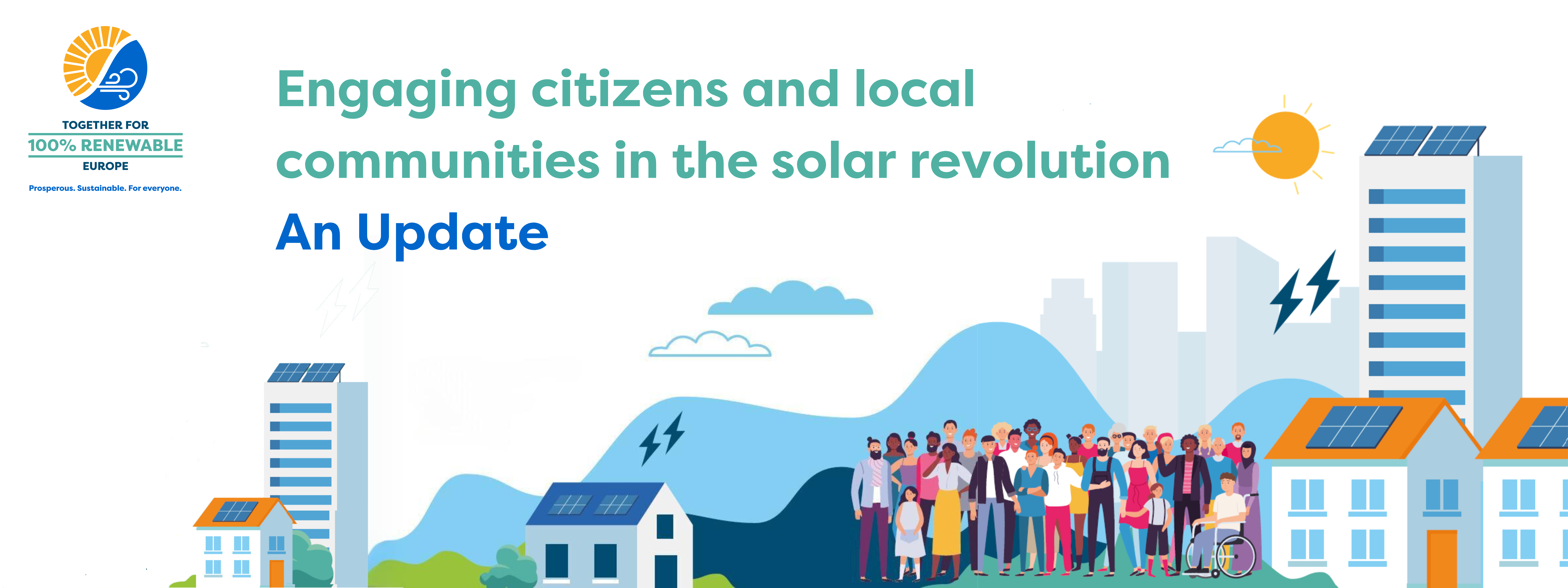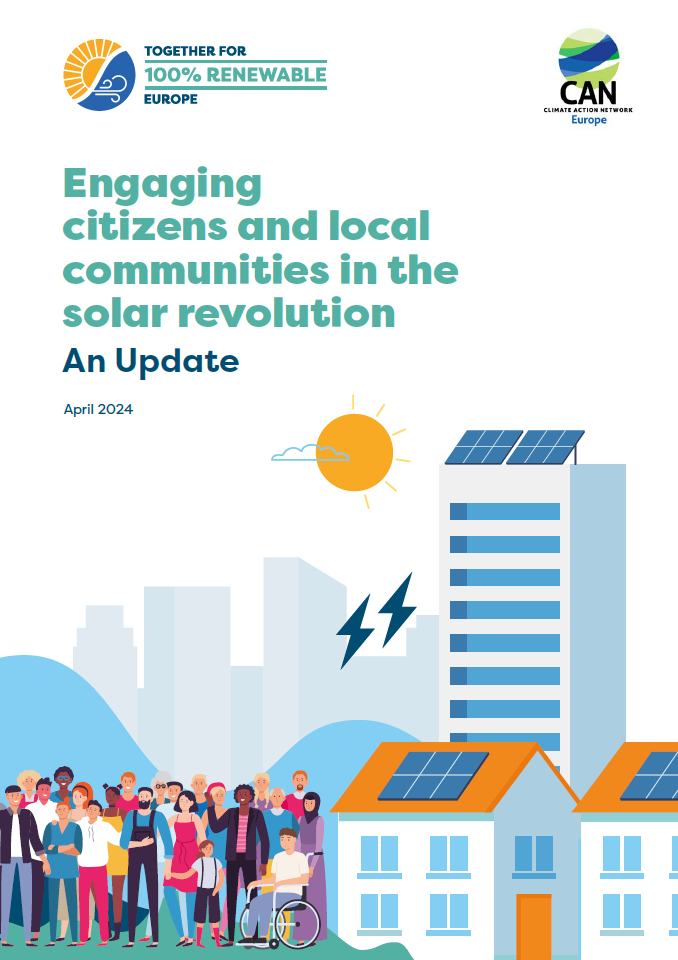The purpose of this update is to evaluate and report on the progress made by Member States in the deployment and facilitation of household rooftop solar PV since the original report published in May 2022. This update seeks to assess the impact of significant policy and regulatory changes in the EU, particularly in response to Russia’s invasion of Ukraine and the energy price crisis. These regulatory changes include the Rooftop Solar Initiative and the EU Solar Strategy introduced as part of the REPowerEU Package, as well as the adoption of a new EU Solar Standard as part of the Energy Performance of Buildings Directive (EPBD). By examining the progress made and challenges faced, the report aims to provide a comprehensive overview of the current state of residential rooftop solar PV adoption across the EU, offering insights, highlighting successes, and identifying gaps where further efforts are required.
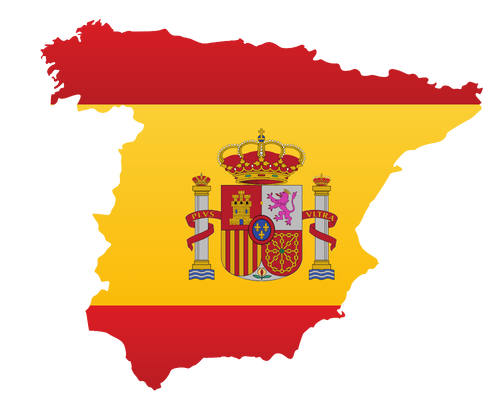
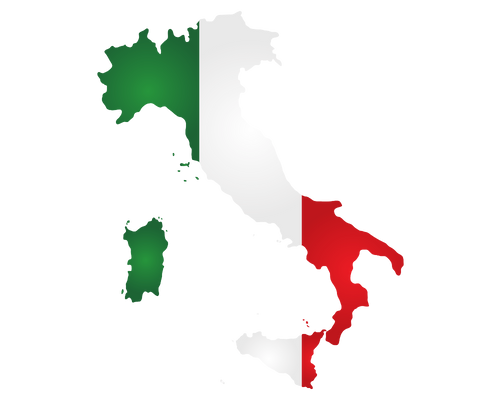
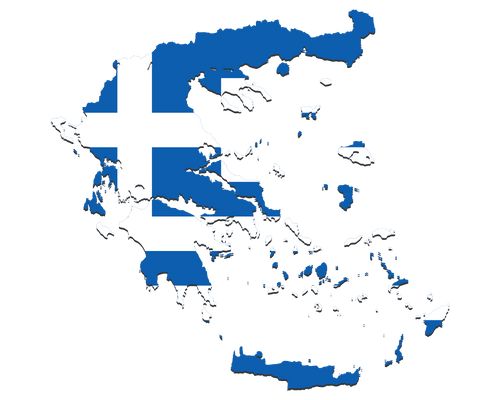

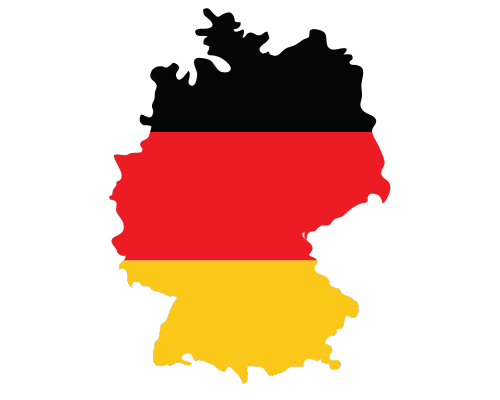
The Rooftop Solar PV Comparison Update produced by CAN Europe and eco-union, with contributions from our members, is an updated version of the Rooftop Solar PV Comparison Report published by CAN Europe in May 2022. The report examines EU Member States (Bulgaria, France, Germany, Greece, Italy, Latvia, Lithuania, Portugal, Romania, Spain and Sweden) on their good and bad practices when it comes to facilitating rooftop solar deployment in the EU.
Each country is scored on seven key areas: governance, incentives & support schemes, permitting procedures, energy sharing & collective self-consumption and energy communities, along with any additional measures that the country is or is not implementing (e.g public awareness campaign, training programs to tackle a shortage of skilled workers in the sector, the rollout of smart meters to households).
The scoring is based on a qualitative approach used for communication purposes which incorporates the input and perceptions of national CAN Europe organizations that participated in the report, with some readjustments to ensure comparability and balance between country profiles. It does not in any case attempt to establish an objective quantitative comparability in the performance of the analyzed member states. It takes as a reference the scores of the report published in May 2022. So, progress towards better scoring should be the general rule in most of the countries. However, in some cases, regression is possible due to lack of advancement in areas where progress should be expected taking into account current circumstances of support to rooftop solar PV at European level.
